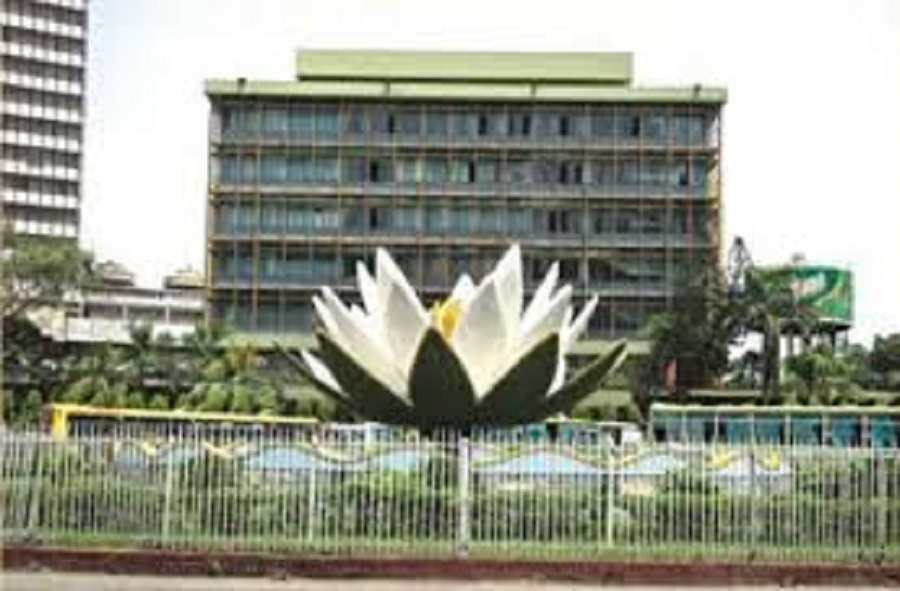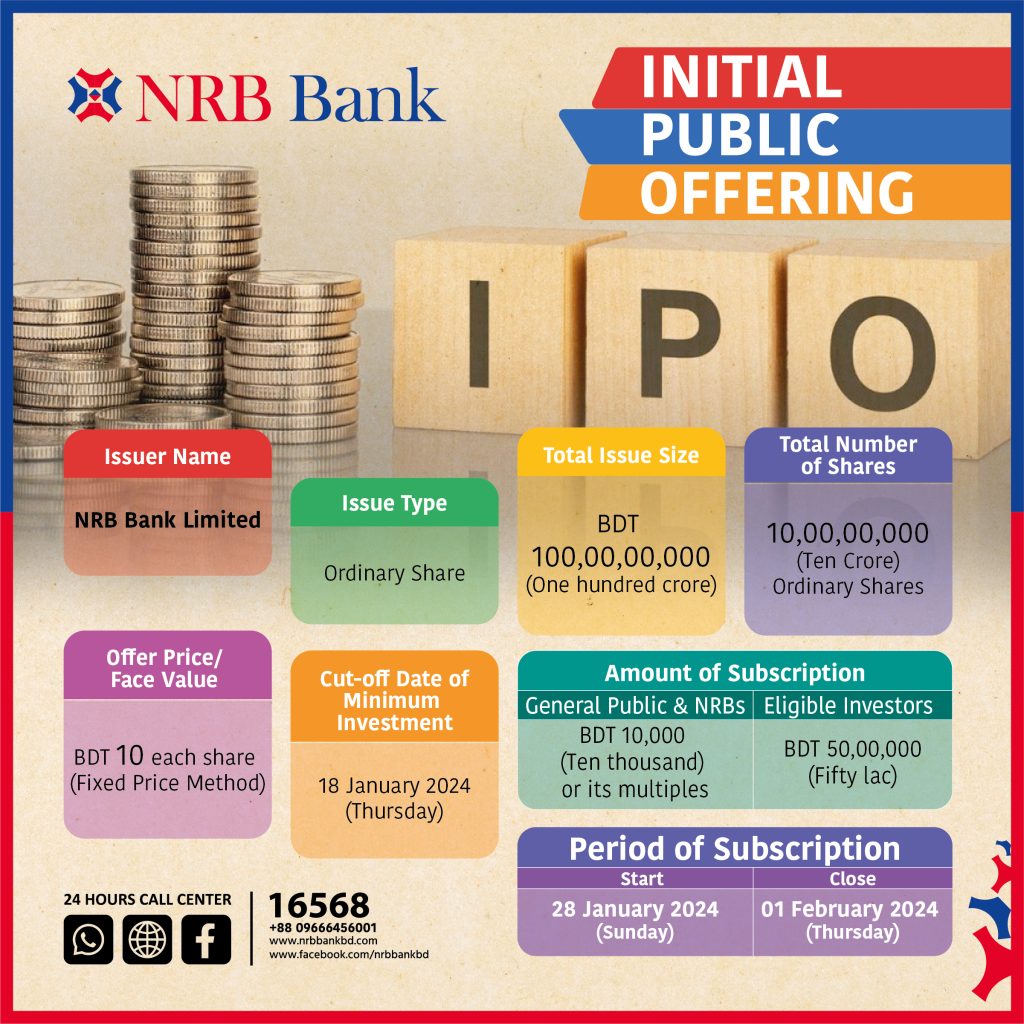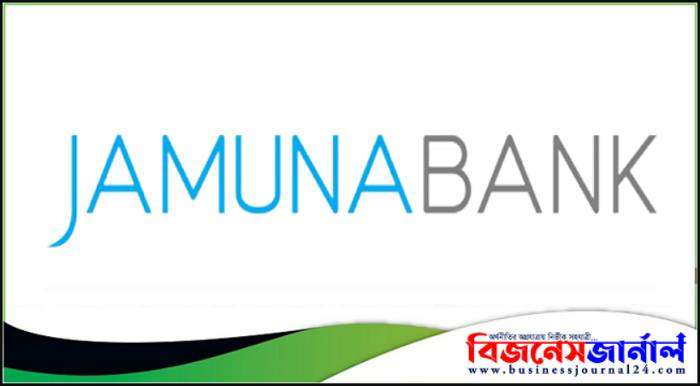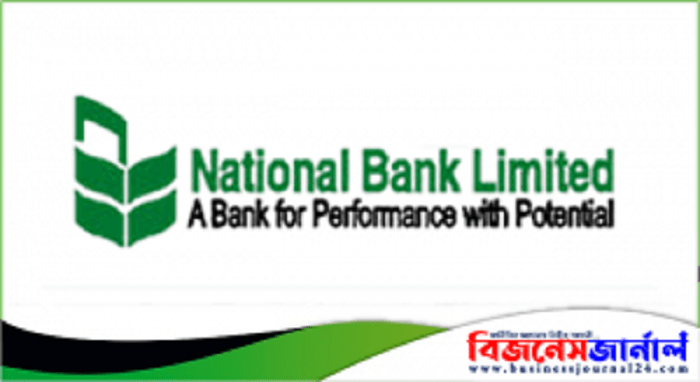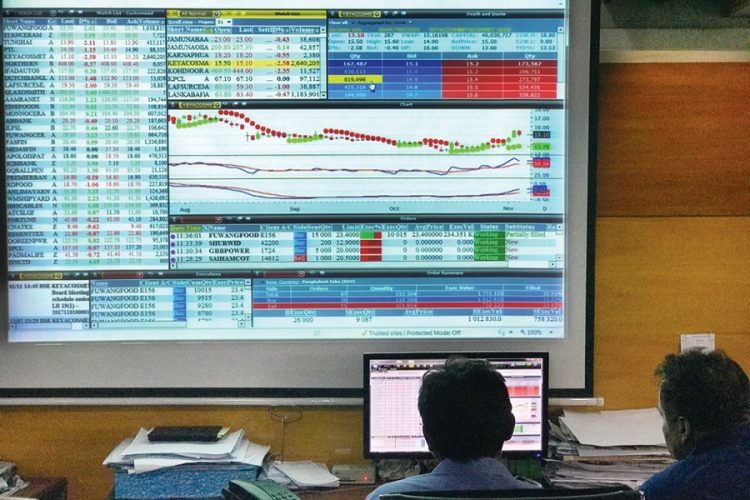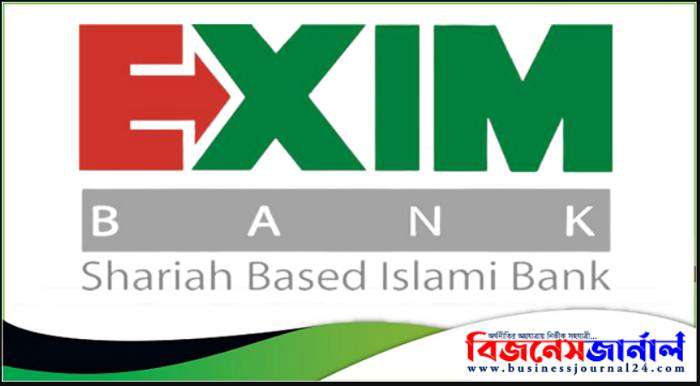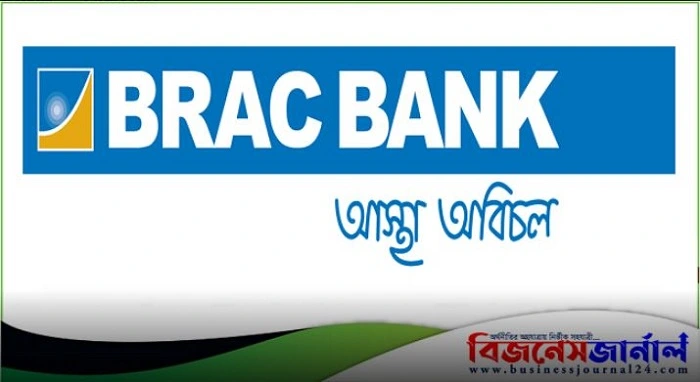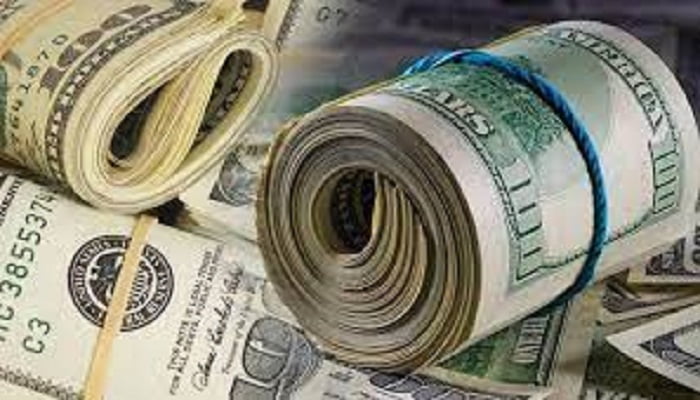The market for secondary bonds has been boosted by the move of Bangladesh Bank

- আপডেট: ০৫:৪৯:০৩ অপরাহ্ন, শনিবার, ৬ ফেব্রুয়ারী ২০২১
- / ৪১৪৯ বার দেখা হয়েছে
Due to several measures taken by Bangladesh Bank and reduction in interest rates on bank deposits, the secondary bond market in Bangladesh has strengthened in recent times. This information has been known from Bangladesh Bank sources.
It is learned that the highest number of bonds was traded in the market last December. At that time, the transaction amount has increased by 158 percent and stood at Tk 29,170 crore.
Since July, government securities businesses have received lower interest rates on deposits in banks than in Treasury bonds (T-bonds), so they are interested in investing in secondary bonds.
Banks are now facing excess liquidity considering the demand for loans in both the private and public sectors. Last December, excess liquidity in the banking sector increased by 95 per cent to Rs 2,4,600 crore.
Other measures, including the selection of benchmark treasury bonds through the central bank, have boosted the secondary market. Benchmark bonds help lenders set interest rates on securities. Excess liquidity in the banking sector causes higher business in the secondary market.
Arif Khan, managing director of IDLC Finance, said many banks and non-bank financial institutions have now sold the secondary market to invest surplus funds.
He added that low-demand lenders are being encouraged to invest in the secondary market. Lenders are turning to the window to make a profit due to the business recession caused by the coronavirus epidemic.
Corporate companies now prioritize government securities. Interest rates on FDRs have fallen due to lower demand for loans. Many see the bond market as the safest investment destination as the financial condition of many banks deteriorates due to the business downturn.
Banks with higher loan ratings offer maximum interest rates of 3-4 per cent on FDRs. Investors, on the other hand, now get 3 to 6 per cent interest on treasury bonds (T-bonds). Its maturity is from 2 to 10 years.
In addition, the government has recently recognized investment in savings certificates, which offer interest rates ranging from 11.4 percent to 11.6 percent.
No person can invest more than Rs 50 lakh in savings certificates. The limit of investment in joint name is 1 crore rupees.



